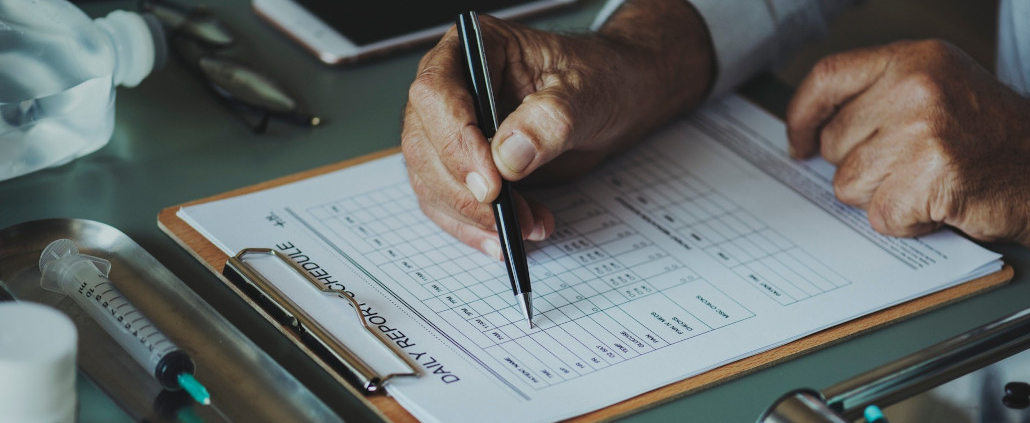How To Take Anxiety Disorder Medication
Anxiety disorders, the most common mental illness in the United States, affect roughly 40 million adults, according to the Anxiety and Depression Association of America. Before starting a new prescription, ask your doctor how to take anxiety disorder medication to achieve the best possible outcome. With so many sufferers, several types of medications are now available to combat anxiety and depression. These medications include:
- Tricyclic antidepressants
- Amitriptyline
- Doxepin
- Clomipramine
- Nortriptyline
- Trimipramine
- SSRIs
- Escitalopram
- Fluoxetine
- Fluvoxamine
- Paroxetine
- Sertraline
- Citalopram
- NaSSA drugs
- Mianserin
- Mirtazapine
- MAO inhibitor
- Moclobemide
- SNRIs
- Duloxetine
- Milnacipran
- Venlafaxine
- SARI
- Trazodone
- NRI medicine
- Reboxetine
Beta-blockers like metoprolol (Lopressor) which are designed to treat high blood pressure also help to control the symptoms of anxiety and are occasionally prescribed ‘off-label’ for this purpose. However, Lopressor side effects are common and some can be serious, in addition, in certain people, anxiety may actually be exacerbated.
Each medication works in a different way, and doctors sometimes prescribe patients one or a combination of anti-anxiety medications in order to most effectively control symptoms of various anxiety disorders.
How to Take Anxiety Disorder Medication: 5 Best Practices
- Be Patient – Depending on the type of anti-anxiety, antidepressant or sedative your doctor prescribes, it could take up to eight weeks before you feel its effects. Even after your medication kicks in, you might need to try a different prescription or dose. Be patient while working with your doctor to find the right medications to ease your anxiety.
- Expect Some Side Effects – You probably won’t experience every side effect on each medication’s long list of potentials, but you will likely have some. Certain side effects clear up after the first couple of weeks of taking a new medication, but others might persist. If experience intolerable side effects that are detrimental to the quality of your life, talk with your doctor about trying a different medication.
- Avoid Alcohol – Do not mix alcohol with anxiety medication. Alcohol, a depressant, not only exacerbates anxiety, it can also be extremely dangerous when mixed with anxiety medications. Drinking alcohol while on antidepressants and/or anti-anxiety medications can cause several different complications, including extreme drowsiness, slowed heart rate, loss of consciousness and even death.
- Ask When to Take Medication – Be sure to ask your doctor about the best time of day to take your medication and how it should be used. Certain medications (especially sedatives) cause severe drowsiness and hinder cognitive function. These are best taken before bed for a restful night’s sleep. Other medications might be best taken in the morning, with or without food. While still, other prescriptions might be best taken as needed to relax you during an upcoming stressful event. Talk with your doctor about your prescription and whether or not there are any recommendations to increase its effectiveness.
- Follow Your Doctor’s Orders – Starting a medication routine to help relieve anxiety is a big step and requires a commitment to adhere to your doctor’s instruction. For best results, take your prescription exactly as prescribed without missing a dose. Due to their nature, some anti-anxiety medications must be started slowly (gradually stepping up in dosage) and stopped progressively (gradually reducing dosage). Before making any changes to your medication or the way you take it, ask for your doctor’s advice.
You and your doctor know your body and anxiety disorder best, and you should always take your anxiety disorder medications exactly as prescribed. It is important to always discuss any changes in your medication routine with your doctor before making them. Ask your doctor before you decide to start, stop or even change the time of day when you take a prescription. If you’re starting anxiety medication, here’s what to expect.

Mikko Veräjänkorva is a pharmacist and holds a BScBa in International Business. He has over 15 years experience in pharmaceutical field from pharmacy, medical and pharmaceutical industry. He is one of the founders and board members of Farenta since 2003.
My aim is to write informative high quality articles based on science in way that all of us can easily understand the point. Science and evidence based research is at the core of my writing. The main purpose of my articles are to provide practical information on healthy lifestyle and to provide reliable and practical information about different medical conditions.
Bringing medical jargon to the masses is my mission.

